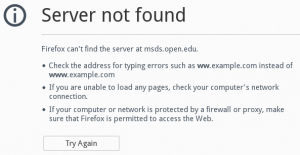This is a brief note from thinking about Open University DD210 Living Psychology module, book 2, chapter 13, page 149…172 ‘3. The impact of extreme circumstances‘, ‘4. Recovery, resilience and post-traumatic growth‘ and ‘5. Perils, pitfalls and positive effects of psychological interventions‘.
Post-traumatic stress disorder. People can be damaged by what they are ordered to do; might this change how warfare is conducted?
Millennia ago and centuries, marching off to another country or city allowed preparation time, bonding and training time on the way there. On the way back there was lots of time for reflection with those who had been through the same experience, done in an environment of routine, with physical activity and done outdoors. Might that have prevented PTSD for most people? Is PTSD a phenomenon that arrived with the ability to leave the front line and go home fairly quickly?
Might the consequences of PTSD on military personnel make government change the way warfare is conducted so that it is prevented? If so, what will that look like?
Is PTSD just an infantry complaint? Do snipers get it worse than combat area engineers? Do bomber crews get PTSD? What about drone pilots who work 9-5 and go home every evening? Who suffers most: conscripts, volunteers or militia? Do revolutionaries / guerillas / freedom fighters get it? Do victors get it? Is it worse for those who suffer defeat? How bad is it for child soldiers?
How bad is it for civilians in a war zone? Refugees? Survivors? Orphans? (And does anyone in governments care about civilians in war zones? It does not seem so.)
What research is being done in PTSD? By whom? Why? Is it for peaceful purposes to demonstrate how warfare is bad, or to make warfare and killing less stressful for the troops so that it can continue?

